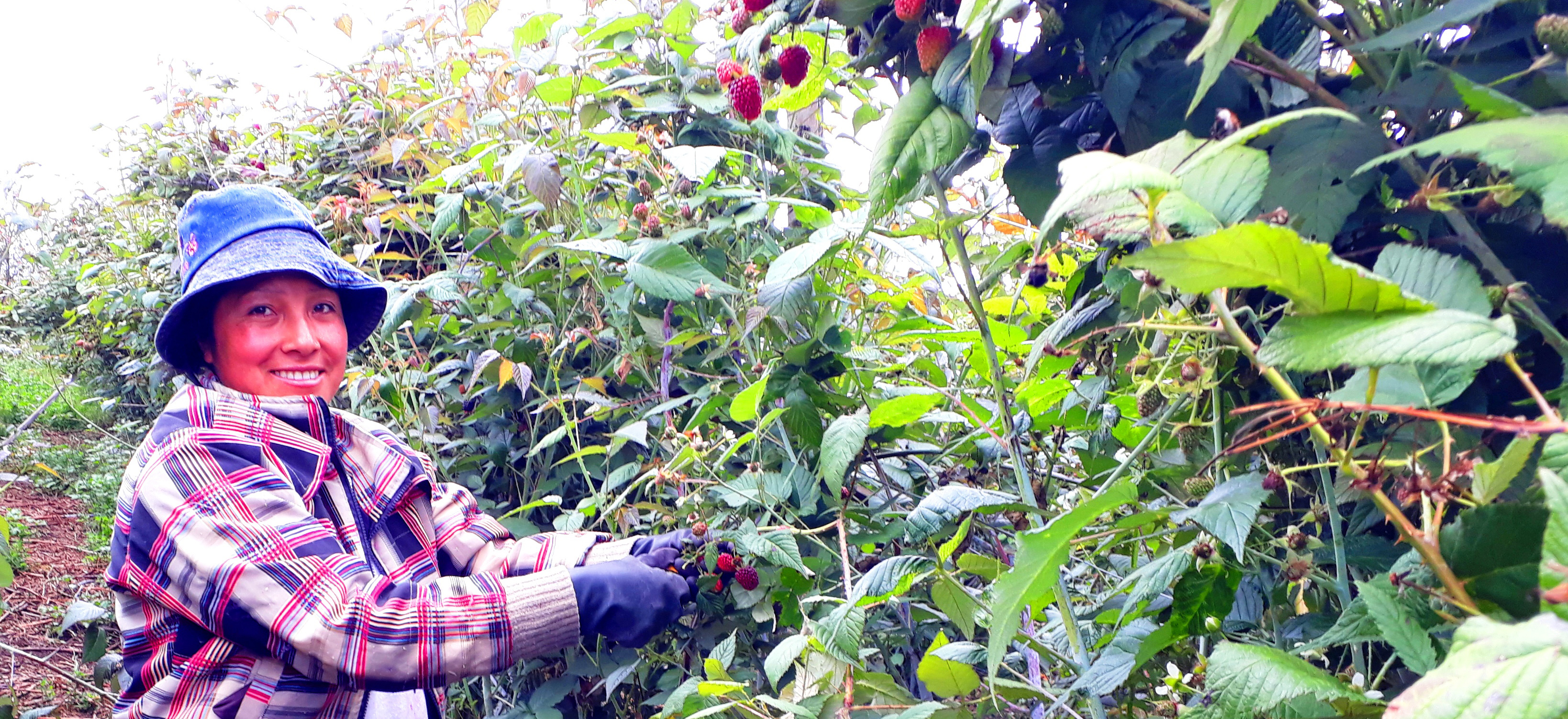The articulation of the regional governments, the key to an inclusive rural development

Caroline Bidault
Country Programme Manager in the Latin America and Caribbean Division at the International Fund for Agriculture (IFAD)
At the International Fund for Agricultural Development (IFAD) we work on the promotion of diversification and resilience; we support gender equality and the empowerment of women; we contribute for the construction of sustainable food systems that can build opportunities for small agriculturists and we promote a better connectivity and linkages between rural and urban zones.
However, the question is: What piece among this rural transformation process, is the one that the producer’s efforts must articulate, from their central governments and the international cooperation? Who are the ones called to create this bond between the urban and the rural areas?
The answer comes from four decades of experience working for the IFAD: the regional governments. These levels of government have the capacity, and in most of the cases, the competences to influence into their national politics.
Their intermediate position inside of the state apparatus allows them to establish the coordination with their central governments and the pertinent alliances with the private local actors and the extraterritorial ones.
The knowledge of the territory and their actors, their capacity to focalize the needs, the solutions and the most vulnerable population; the trust build with the local leaders and their own relations, contact network and the props that these levels of government manage, makes them the articulator axe from all national and international efforts in order-to accomplish the rural transformations.
The case of Ecuador helps us to set an example and manifest that inclusive rural transformations must be considered as a central element; into worldwide striving for the eradication of hunger and poverty, for the construction of sustainable societies.
The indicators for food security have developed positively in the past years. This Andean country locates itself in rank number 62 from 119 states, in the Global Hunger Index. A quite paradoxical position if we account the important natural resources this nation possesses and within this reality, the current situation the inhabitants of rural areas live, is the most critical.
From my work at the IFAD, I’ve witnessed how small agriculturists from different countries have many aspects in common, but there’s one of them, that is fundamental: their potential to contribute with sustainable development and food security.
Moreover, is important to understand that rural development and the overcoming of inequalities won’t be reachable only with the increase of productivity. We must improve the access for rural population to the markets and financing systems, designed according to their conditions. As well, the overcoming of the technological bridge that isolates the rural world and restricts their need of information and interaction with the rest of the society. The provision of basic quality services, such as education health and social security.
Also, the conditions of mobility and transport access, employment creation and activities out of the agriculture, because of the complexity of the rural scope and its diverse offering possibilities; without forgetting the protection of natural resources. Furthermore, we believe is essential to act within these aspects, in which IFAD has invested its resources and efforts into accomplishing the change that the land needs.
To conclude, I’d like to refer to a life experience; with the Closing Mission from IFAD, from the Good Living Program for Rural Territories, about to finish, in Ecuador. In Guano’s canton located in the mountains of this country, Mrs. Blanca Becerra, member of the Producer’s Associations of Guarango and Fruits, beneficiary from a project of pressurized and cultivation of berry; told us, “we know have more money for us to improve our children’s nourishment. Now we eat fruits and vegetables that we didn’t before”. It is important to point out that in this project the amount invested by the Autonomous Decentralized Government of Guano, was of about 50 thousand dollars, in different supplies, with which we see that it is possible to overcome poverty and its terrible consequences, with an articulated work from the regional governments and other actors.








































































